A recent article over at CIO.com suggests that both Android and iOS will soon become obsolete, and that consumer computing technology is moving to a singular product that scales from smartphone to PC. CIO goes on to say that neither Apple nor Google will dominate over the coming years, and they could very well be dead already. Microsoft is working on this very concept with Windows 10 and Continuum built in to the 950 series of smartphones just released. Basically, CIO is predicting that consumers want to ditch multiple devices in favor of one device that can scale up to a larger screen, one device to rule them all.
https://youtu.be/-oi1B9fjVs4
So Microsoft is hard at work building the idea of one device to rule them all. But it’s all new…and is that really what consumers want? I think it will be awhile yet before a unified device experience will take off in the mass market, and I think Microsoft is doing it right by testing this out now. I also think CIO might be wrong about Google and Apple not dominating the unified device market, that’s not to say they’ll dominate but they’re not dead.
While they’re (CIO) right on many fronts, Google holding back unifying Android and Chrome OS, and Apple holding on to their bottom line, I do think both Apple and Google are in deep R&D on the subject of unified devices. Chrome OS presents a great opportunity for OS unification with Android. Yes Google isn’t pushing it, but they don’t have to right now. Apple is pushing their teams to get OS X to run on Intel M on the MacBook and pushing the iPad Pro as a close-to-laptop replacement. Which, to me, hints at a one device eventually scenario.
Whoever addresses this opportunity will likely dominate the next decade. What is interesting right now is that doesn’t appear to be either Apple or Google. There is a precedence for this, the computing market dominance shifted when PCs came to market, shifted again when the market shifted from consumers to business, and most recently shifted again when it went mobile and shifted back to consumers.
Currently I think Microsoft is taking the first step forward on unified devices because they have to. Windows 10 is one of their best releases, and they need to take full advantage of momentum and start pushing the idea of unified devices out now to grab early market share and media coverage. But CIO is counting Google and Apple out a little prematurely I think. Just because there isn’t a public acknowledgment of a project addressing unified devices, doesn’t mean they’re not giving it serious R&D funds. You can bet both companies have this on their radar but they’re just gauging the market first.
What do you think about one device to rule them all (unified devices)? Are we looking to use our mobile devices as our only computing device? Do we want to ditch desktops, laptops and tablets all together in favor of a 5-6″ screen we can dock to a larger screen? Let us know your thoughts in the comments below.
Last Updated on November 27, 2018.

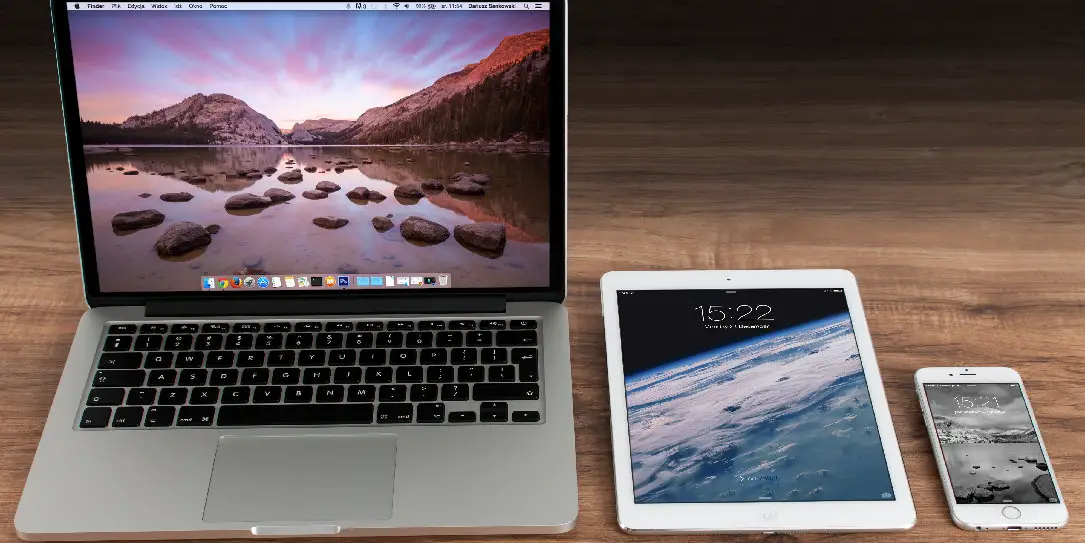

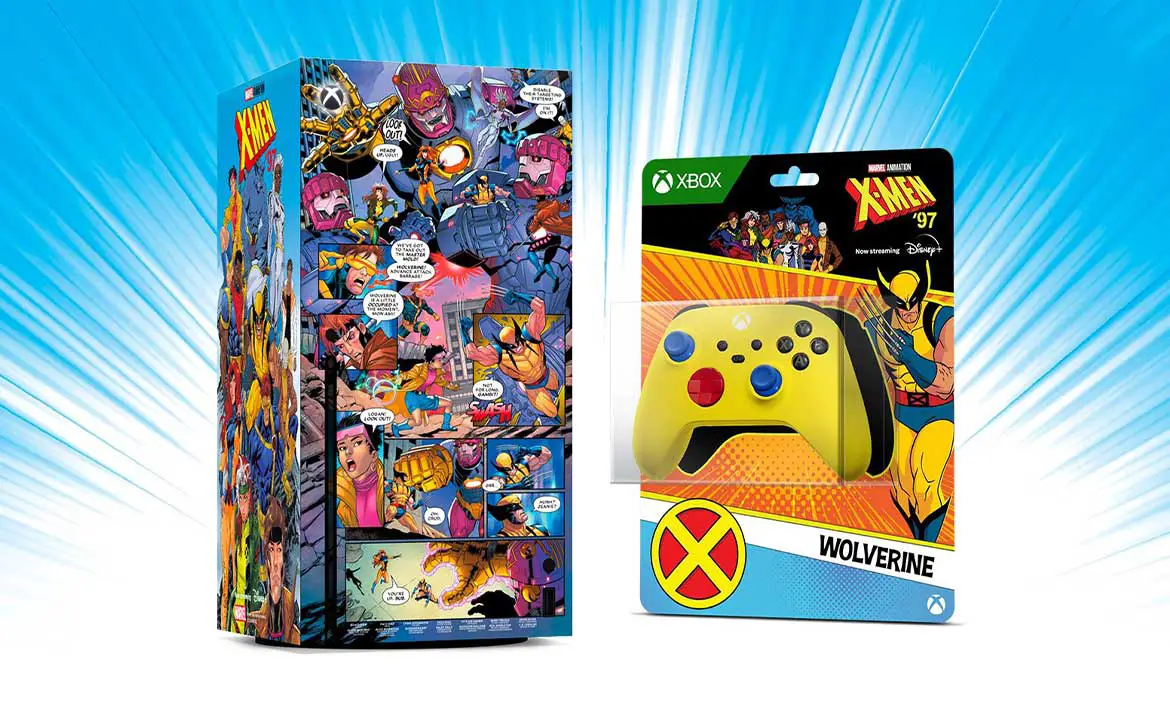
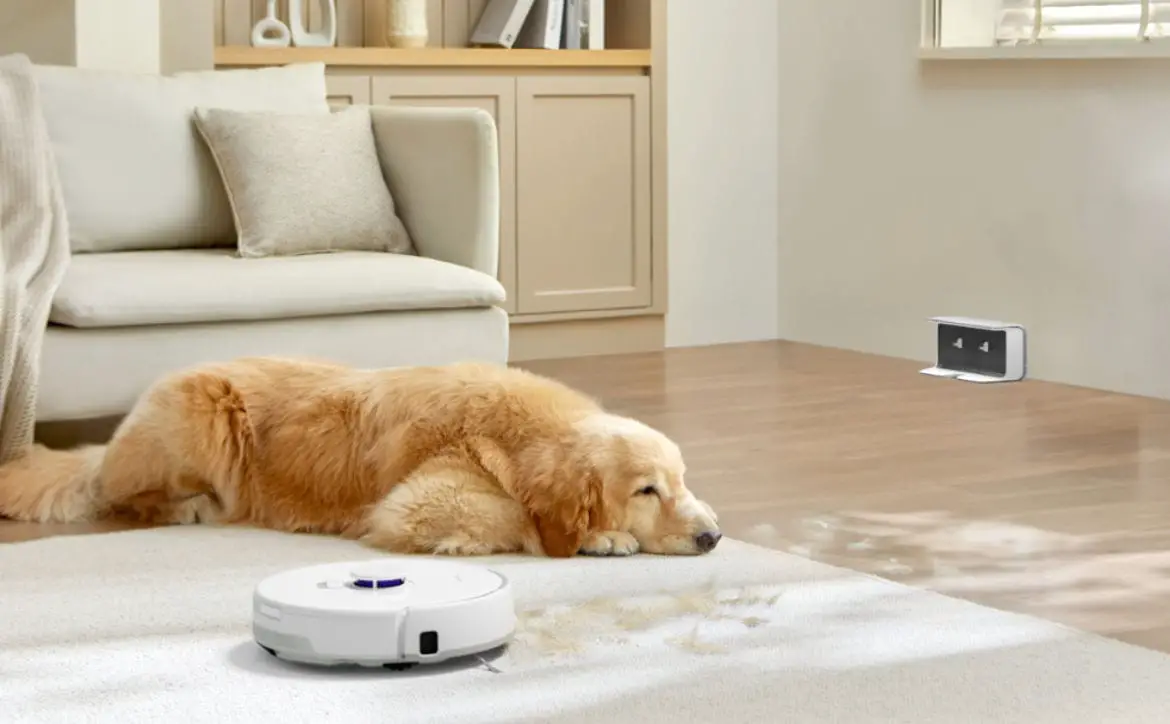

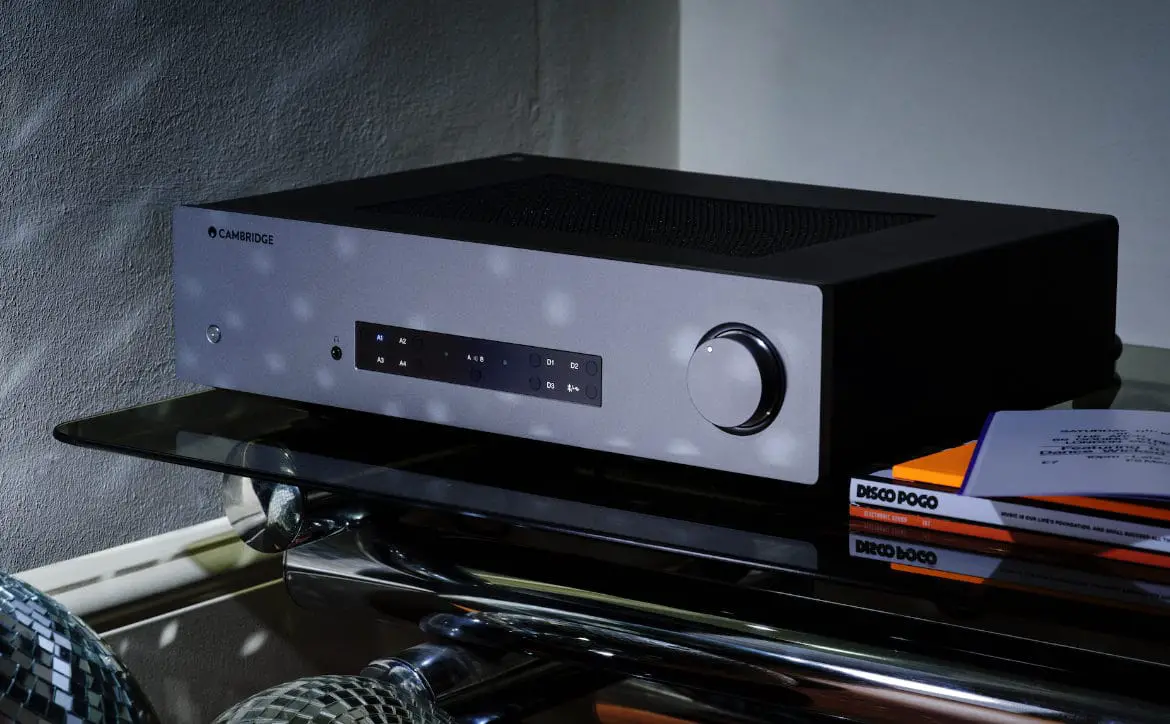

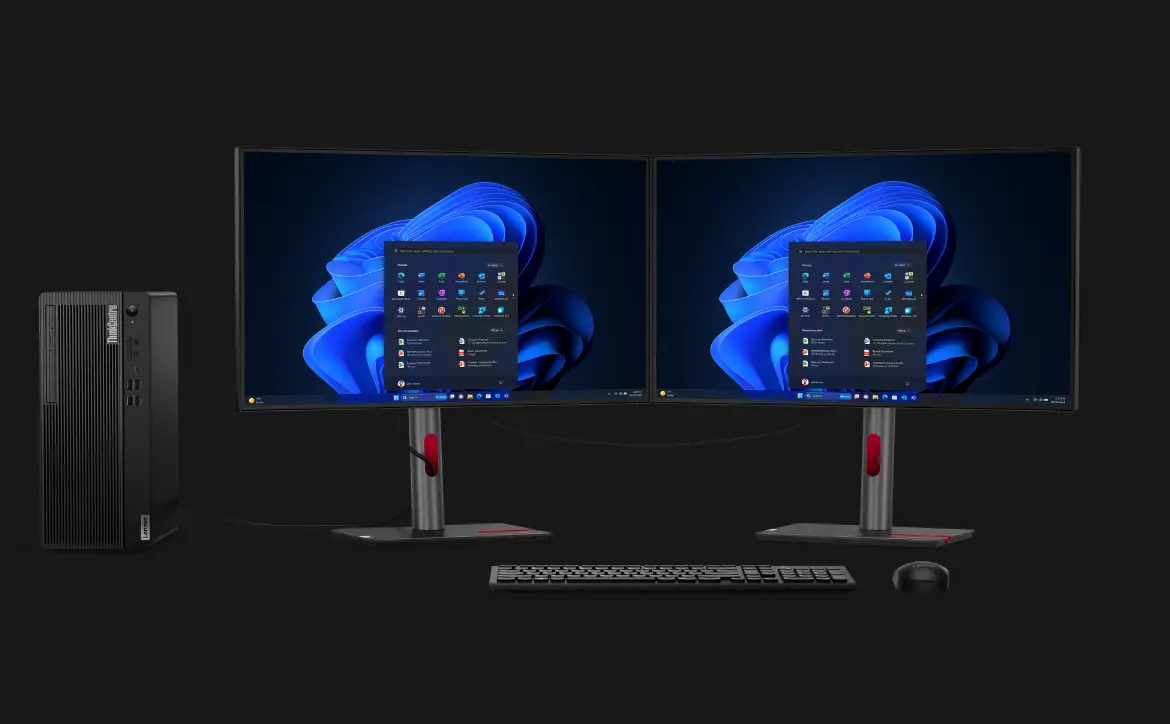
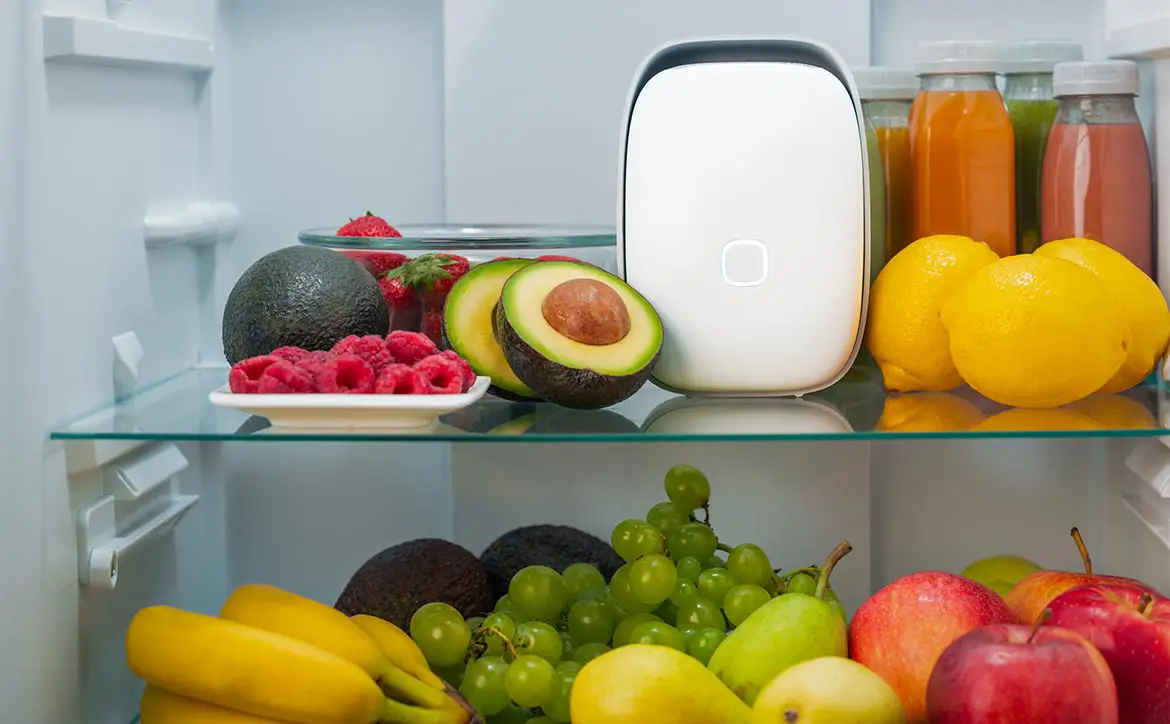
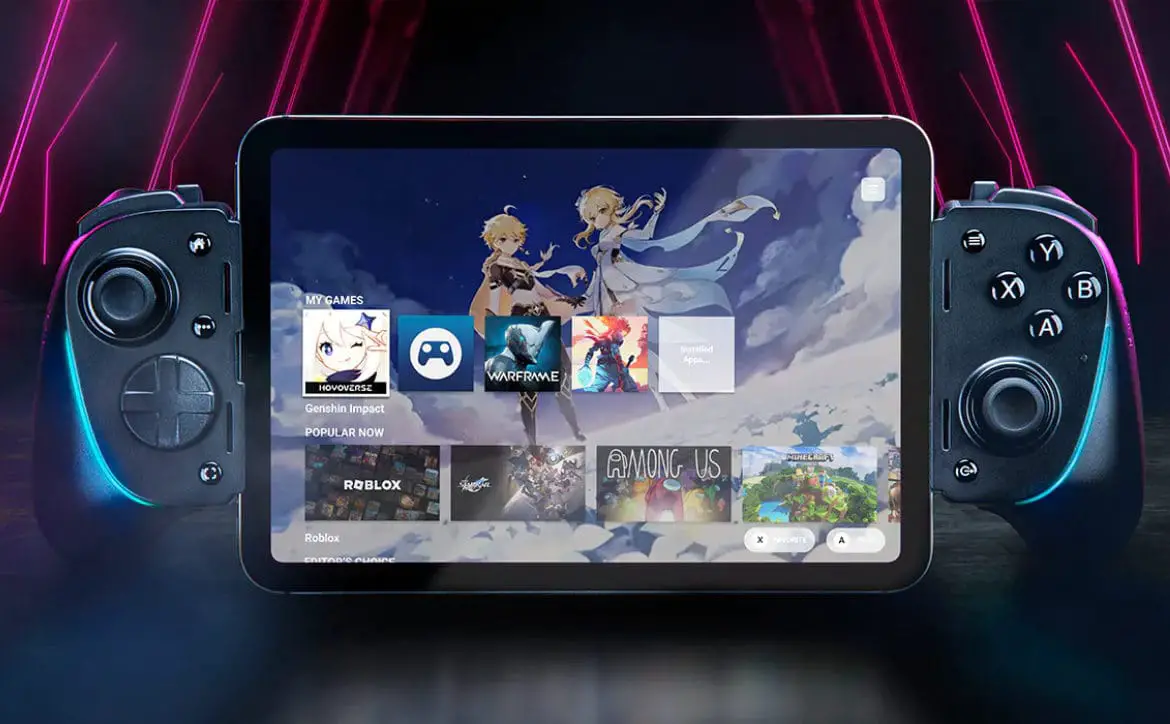
Comments are closed.